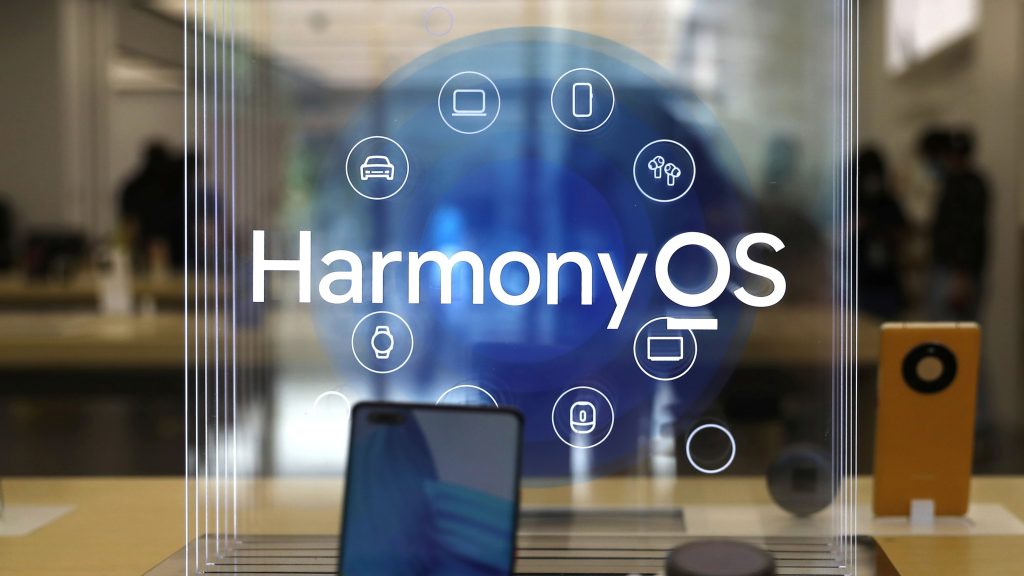Huawei is set to launch its first smartphone powered by a completely homegrown operating system, HarmonyOS Next, marking a significant milestone in China’s quest to reduce reliance on Western tech giants like Apple and Google.
The new Mate 70 smartphone will be unveiled at Huawei’s Shenzhen headquarters on Tuesday, showcasing a domestically developed operating system and advanced chip technology. Over three million units have been pre-ordered, according to the company’s online platform, though these pre-orders do not require payment.
Huawei’s move is part of a broader effort by Chinese tech firms to achieve self-reliance, driven by years of US sanctions that limited access to global technology supply chains. Paul Triolo, a China technology policy expert, noted that the new operating system is a major achievement for the Chinese tech industry.

HarmonyOS Next represents a shift from its predecessor, which was built on Android’s open-source code. This new system requires a complete overhaul of apps to function, posing a significant challenge. While Chinese firms may rally behind Huawei’s ecosystem, experts question whether HarmonyOS Next can offer the same range of apps and features to global users.
Huawei’s success with the Mate 70 could serve as a litmus test for the viability of China’s tech independence drive. The Mate 70 is expected to be more affordable than Huawei’s recently unveiled Mate XT, a triple-folding smartphone priced at $2,800. Its predecessor launched at $750, suggesting a competitive price point for the latest model.
However, challenges remain. Overseas developers may hesitate to invest the significant resources needed to adapt apps for HarmonyOS Next, with costs estimated at around $275,500 per app. Huawei will need to offer substantial support to developers to build confidence in the ecosystem, analysts said.
Huawei’s return to the smartphone race, once hampered by US sanctions, will be closely watched as a barometer of China’s ability to compete with global tech giants on its terms.


